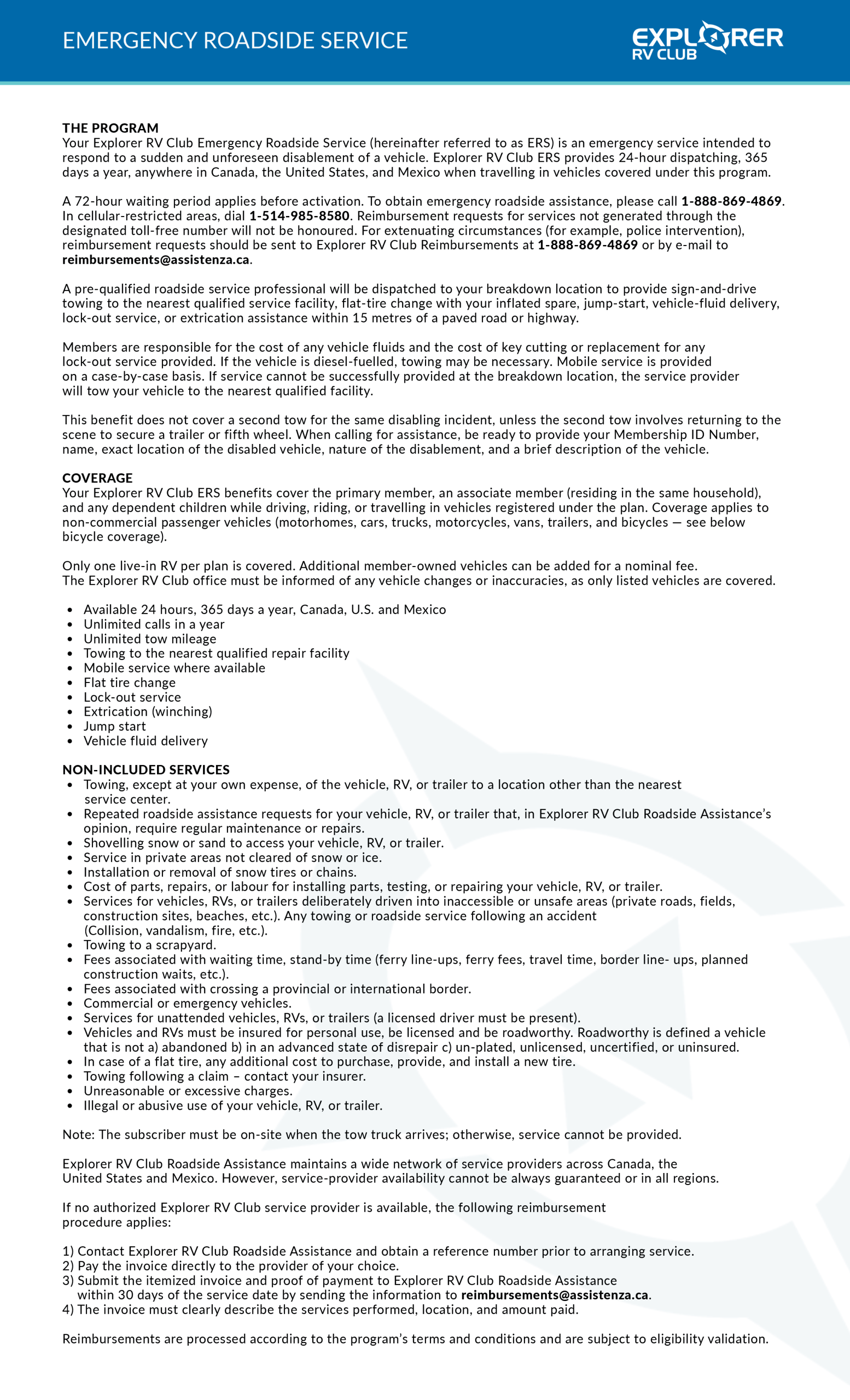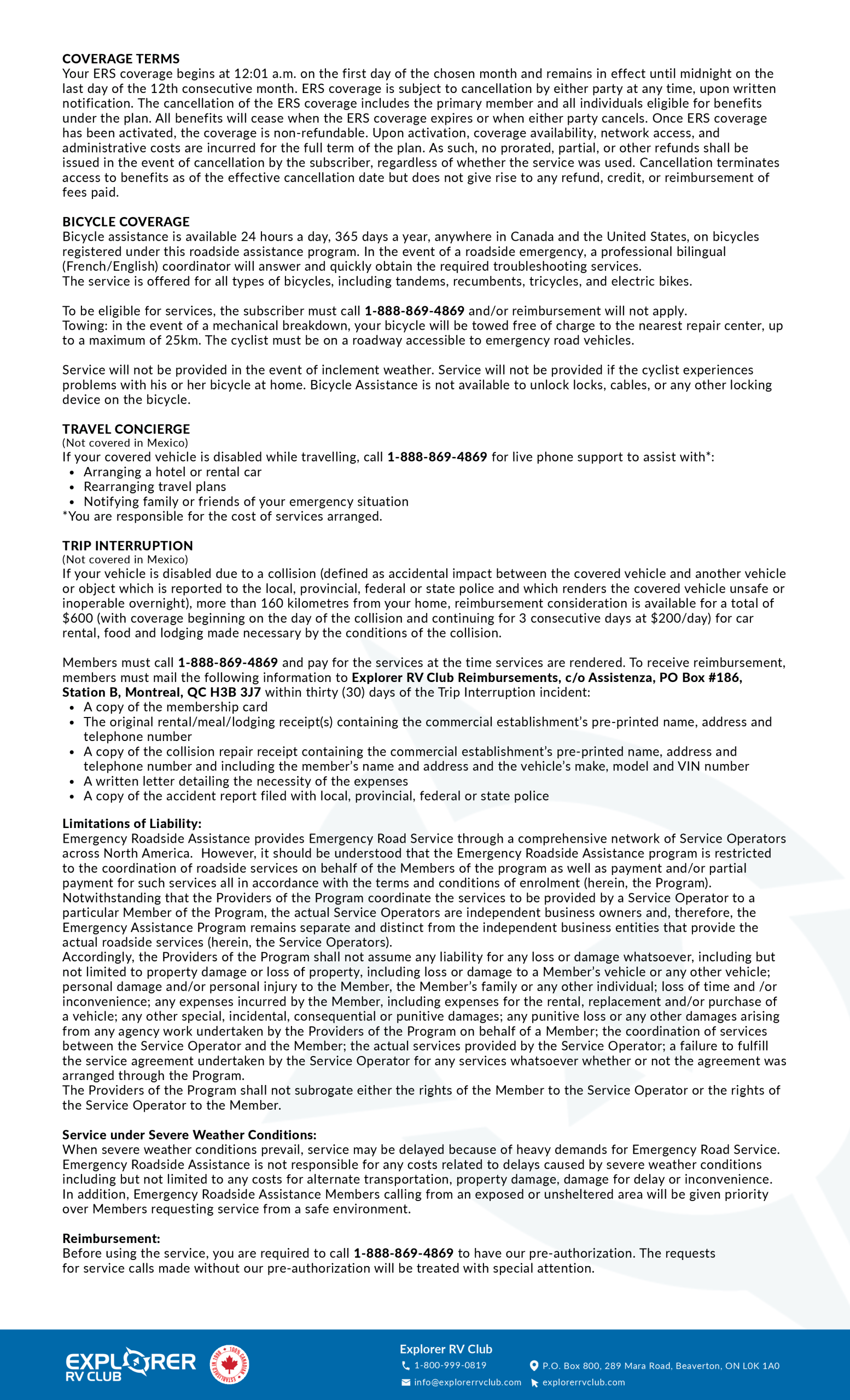Take Advantage of Home Office Deductions (Where Applicable)
Thanks to the coronavirus pandemic, 2020 saw more people working from home than ever before. As a result, the Canadian government has made it possible to claim substantial tax deductions on home office spaces and their associated utilities/services.
If you worked exclusively from home at any point in 2020, you may be able to claim a home office deduction to save you money on your taxes in 2021. There are some specific guidelines and restrictions in place, however, so be sure to check the CPA’s website for updated information before you file.
Some examples of home-office expenses that may be deductible on your taxes include:
- rent/mortgage costs (for the square footage of your home office)
- cable/internet costs
- heating, cooling, and other utility expenses
- home office supplies that are not reimbursable by an employer
Don’t Delay Contributions to Your RRSP
If you have a Registered Retirement Savings Plan (RRSP), you may also be able to maximize your tax savings by planning your contributions into this account wisely. What many people don’t realize, for example, is that the deadline to contribute to the previous year’s RRSP is in March. This means that if you wait until after the beginning of March to make last-minute contributions to your RRSP, they won’t apply to 2020’s taxes but will instead carry over to the following year.
To maximize your tax savings this year, then, you should make it a goal to complete contributions to your RRSP account by no later than the end of February.
Consider Opening a TFSA
If you don’t already have a Tax-Free Savings Account (TFSA), you may also want to consider opening one up and making some contributions to it before you file your 2020 taxes. Specifically, a TFSA allows Canadian residents over the age of 18 to set aside tax-free money throughout their lifetime. Many people use TFSAs to save money on their taxes by essentially “sheltering” investments inside these accounts that would otherwise be taxed at high rates.
Keep in mind, however, that the maximum annual contribution to a TFSA is $6,000 for 2020.
Check Eligibility for New Non-Refundable Credits
There were some major changes made to the Income Tax Act in 2020, so you’ll also want to be aware of these changes and how they may affect your tax situation. In most cases, taxpayers will benefit greatly from these modifications in the form of a non-refundable tax credit.
Specifically, if your income falls below the threshold ($151,978 for 2021), you may be able to avoid paying federal tax while also claiming a non-refundable tax credit to the tune of more than $13,000.
It is important to understand, however, that because this is a non-refundable tax credit, the most it can do is reduce your tax liability to zero. You will not receive a monetary credit back for any excess amount. Still, taking advantage of this credit can be a great way to limit your tax liability overall and save you some money.
Saving Money on Your Taxes: The Bottom Line
These are just a few of the many ways to make sure you’re not overpaying on your taxes this year. It’s also a good idea to meet with a tax professional to review and help you file your taxes, especially if you’ve had any major changes in your finance or tax situation in 2020.
While preparing and filing your taxes may not be the most exciting thing in the world, you can feel good knowing that you’re taking advantage of all the credits and deductions available to you. From there, you can enjoy having a little more money left over to explore the world and have some fun! And when it comes time to plan for your next adventure, our team at Explorer RV Club will always be here to help.






